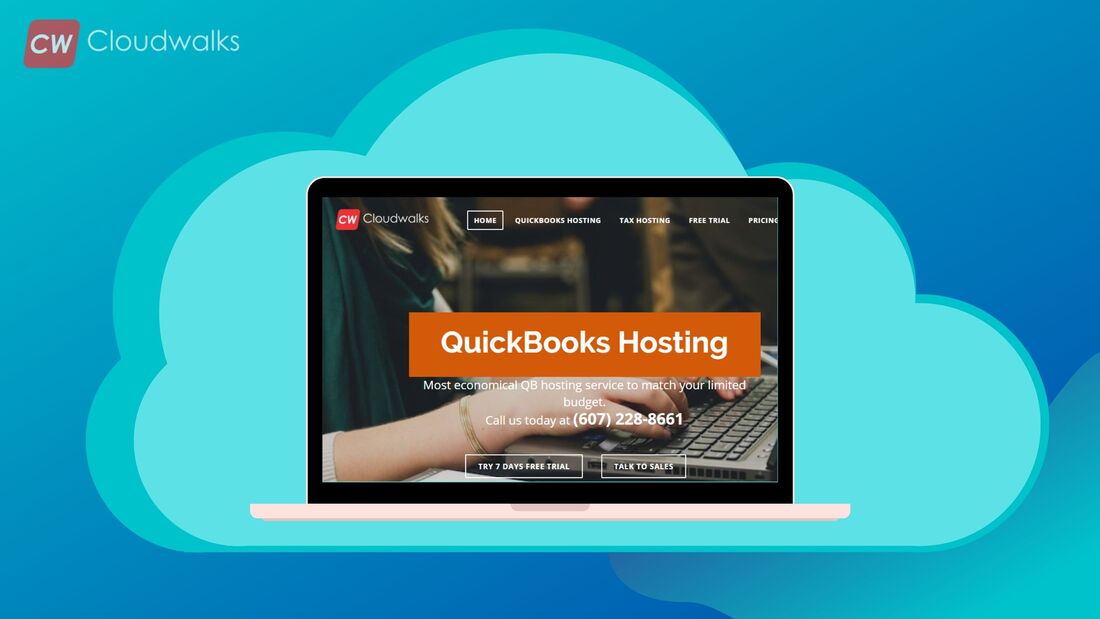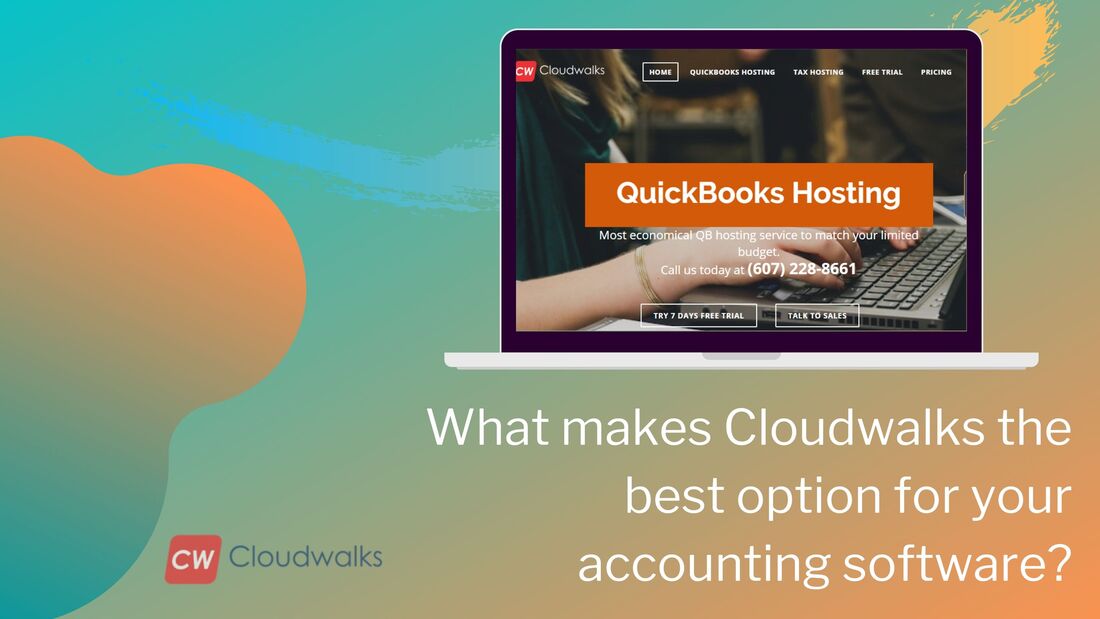A Guide to the Major Changes in Accounting Standards Accountants Need to Know
Accounting standards are much more important than what they are perceived to be as they regulate accounting practices in a systematic way and help mitigate widespread fraud.
They specify the nature of transactions and other events that need to be recognized so that they can be measured and presented in the form of financial statements.
The IFRS (International Financial Reporting Standards) are issued by the IFRS Foundation and the IASB (International Accounting Standards Board). In the US, IFRS has yet to replace US GAAP. Furthermore, 60% of business owners confess that they have insufficient knowledge about finance and accounting, with 20% of small business enterprises struggling to last their 1st year without accounting software. Moreover, 58% of small businesses do not expect to meet their respective accountants face-to-face. Last year due to COVID-19 small business plummeted down to 27.5% in the USA. In light of this information, let's take a quick look at some of the prominent changes in accounting standards that accountants need to keep an eye out for in 2021. Accounting for Convertible Instruments and Contracts in an Entity's Own Equity
This accounting standard change was issued back in August 2020 as per the Financial Accounting Foundation (US). The amendments mentioned in this update are considered effective for all those publicly owned business entities that meet the definition set by SEC (Securities and Exchange Commission) filer.
However it excludes entities that are eligible for smaller reporting companies as ordained by the SEC including fiscal years beginning after 15th of December 2021, as well as the interim periods between those fiscal years. This change is to a subtopic of "Debt - Debt with Conversion and Other Options (Subtopic 470-20)" and "Derivatives and Hedging – Contracts in Entity's Own Equity (Subtopic 815-40)". Early adoption is permitted but not earlier than fiscal years beginning after 15th December 2020. ASC 310-20, Receivables—Nonrefundable Fees and Other Costs
BDO (Binder Dijker Otte) is an international network of public accounting, business advisory, consulting, and tax that performs professional services in the US.
This change to account standard is taken from the BDO website and is labeled as ASU (accounting standard update) 2020-08. It directly refers to codification improvements to subtopic 310-20, Receivables – Nonrefundable Fees and Other Costs. The amendment in this update represents changes to clarify codification which is made easier to understand and apply by the elimination of inconsistencies and providing clarifications. This update's effective date varies depending on the type of entity, such as public business entities and all other entities. ASC 848, Reference Rate Reform
Another accounting standard change from BDO, this time entitled as "ASU 2020-04, Facilitation of the Effects of Reference Rate Reform on Financial Reporting". The update is effective as of 12th March 2020, through 31st December 2022.
The amendments in this update are elective as well as apply to all entities that are subject to meeting a specific criterion such as those having contracts, hedging relationships, and other transactions that reference LIBOR. LIBOR is the London Inter-Bank Offered Rate. It is also subject to other reference rates that are expected to be discontinued due to reference rate reform. The amendments do not apply to contract modifications made, and hedging relationships entered into after 31st December 2022. Codification Improvements
This accounting standard change is also published on the BDO's website and entitled as "ASU 2020-10, Codification Improvements".
It is considered effective for annual periods beginning after 15th December 2020. This update affects a wide variety of Topics in the Codification and applies to all reporting entities within the affected accounting guidance scope. While Section A was removed from this final update as it will be addressed in a separate ASU, Section B contains amendments that improve the consistency of the Codification. This is done by including all disclosure guidance in the appropriate Disclosure Section (Section 50). Section C of this update contains Codification improvements that vary in nature. Financial Services—Insurance
This is an accounting standard change this time by FASB, which was issued back November 2019. The amendments mentioned in this update comply with the mandatory effective dates of Accounting Standards Update No. 2018-12, Financial Services-Insurance (Topic 944): Targeted Improvements to the Accounting for Long-Duration Contracts (Insurance).
It applies for all entities such as public entities that meet the SEC filer definition and all other entities for fiscal years beginning after 15th December 2023 and interim periods within fiscal years beginning after 15th December 2024. While early application continues to be allowed, it excludes all entities that are eligible to be smaller reporting companies defined by the SEC with fiscal years beginning from 15th December 2021 as well as interim periods between those fiscal years. Franchisors—Revenue from Contracts with Customers
Issued by the FASB on January 2021, it is entitled as "Franchisors – Revenue from Contracts with Customers (Subtopic 952*606): Practical Expedient".
It denominates that if an entity has not yet adopted Topic 606, then the existing transition provisions and the effective date in paragraph 606-10-65-1 are required. The guidance for this option allows for a modified retrospective transition or a full retrospective transition with an effective date of annual reporting periods after 15th December 2019. Plus it also allows for an interim reporting period within annual reporting periods after 15th December 2020. However, in a case where the entity has already adopted Topic 606, then the effectiveness of the update is applied for an interim and annual periods after 15th December 2020. Early application is permissible. Those entities that have already adopted Topic 606, this guidance should be applied retrospectively to the same date when Topic 606 as adopted. Young learners seeking assignment help UK should consider this if they plan to open their own franchises in the coming years. IBOR Reform Phase 2 Amendments
IBOR refers to interbank offered rates, and for more than 40 years, they have been a fact of everyday life for the global financial services industry, especially LIBOR. This change was announced on 1st January 2021. On 27th August 2020, the IASB issued "Interest Rate Benchmark Reform – Phase 2". It was an amendment to IFRS 4, 7, 9, & 16 as well as IAS 39.
The amendments addressed the issues that may impact monetary commentary subsequently the interest percentage standard reform as well as including substitution with different yardstick proportions. Pupils looking for the best dissertation writing service should note this if they are majoring in accounting and finance. Presentation and Disclosures by Not-for-Profit Entities for Contributed Nonfinancial Assets
Issued by the FASB on September 2020 and entitled as "Not for Profit Entities (Topic 958): Presentation and Disclosures by Not-for-Profit Entities for Contributed Nonfinancial Assets". The amendments of this update are to be applied on a retrospective basis.
They are considered effective for twelve-monthly phases opening subsequently on 15th of June 2021 as well as provisional phases contained by twelve-monthly episodes starting after 15th June 2022. Early adoption for this update is permissible. In accordance with this update, the NFP needs to present contributed nonfinancial assets. These should be as a separate line item and in the statement of activities that is apart from contributions of cash and other financial assets. Furthermore, the NFP must disclose a disaggregation of the amount contributed nonfinancial assets that are recognized within the statement of activities by categories that depict the type of contribution by nonfinancial assets. Moreover the NFP must also disclose the qualitative information. This disclosure must be about the contributed nonfinancial assets, if they were monetized or utilized during the reporting period. If the NFP has utilized such an asset, then it will disclose a description of the programs and other activities in which those assets were used. Revenue from Contracts with Customers and Leases
Issued in June 2020 by the FASB, the update is entitled "Revenue from Contracts with Customers (Topic 606) and Leases (Topic 842): Effective Dates for Certain Entities".
The update calls for one year, the required effective date of Revenue for entities that as of 3rd June 2020 haven't yet issued their financial statements or made them available for issuance to reflect the adoption of revenue. These entities can choose to elect and adopt the guidance for annual reporting periods beginning after 15th of December 2019 as well as interim periods after 15th December 2020 with permissible early adoption. Conclusion
Accounting standards and updates are important because compliance towards them makes verification by auditors and other regulatory authorities more viable. This reduces friction between the validation processes and thus generates transparency for your operations which is much appreciated.
I hope this post was able to offer you some meaningful insights as to the types of various changes in the Accounting Standards that accountants can expect in 2021. Cheers, and all the best for your future endeavors. Author Bio
Elaine Vanessa currently works as a Sr. Research Analyst and Blog Writer at Dissertation Assistance. This is where higher education students can acquire cheap assignment writing service from professionals specializing in their field of study. During her free time, she likes to surf the internet to discover new developments in tech.
0 Comments
Your comment will be posted after it is approved.
Leave a Reply. |
Most useful blogs |
Hosted Applications |
Tax Hosting Services |
Accounting Applications |
ContactAddress
Cloudwalks Hosting, Inc. 40 Exchange Place, Suite 1602 New York, NY 10005 |


 RSS Feed
RSS Feed




